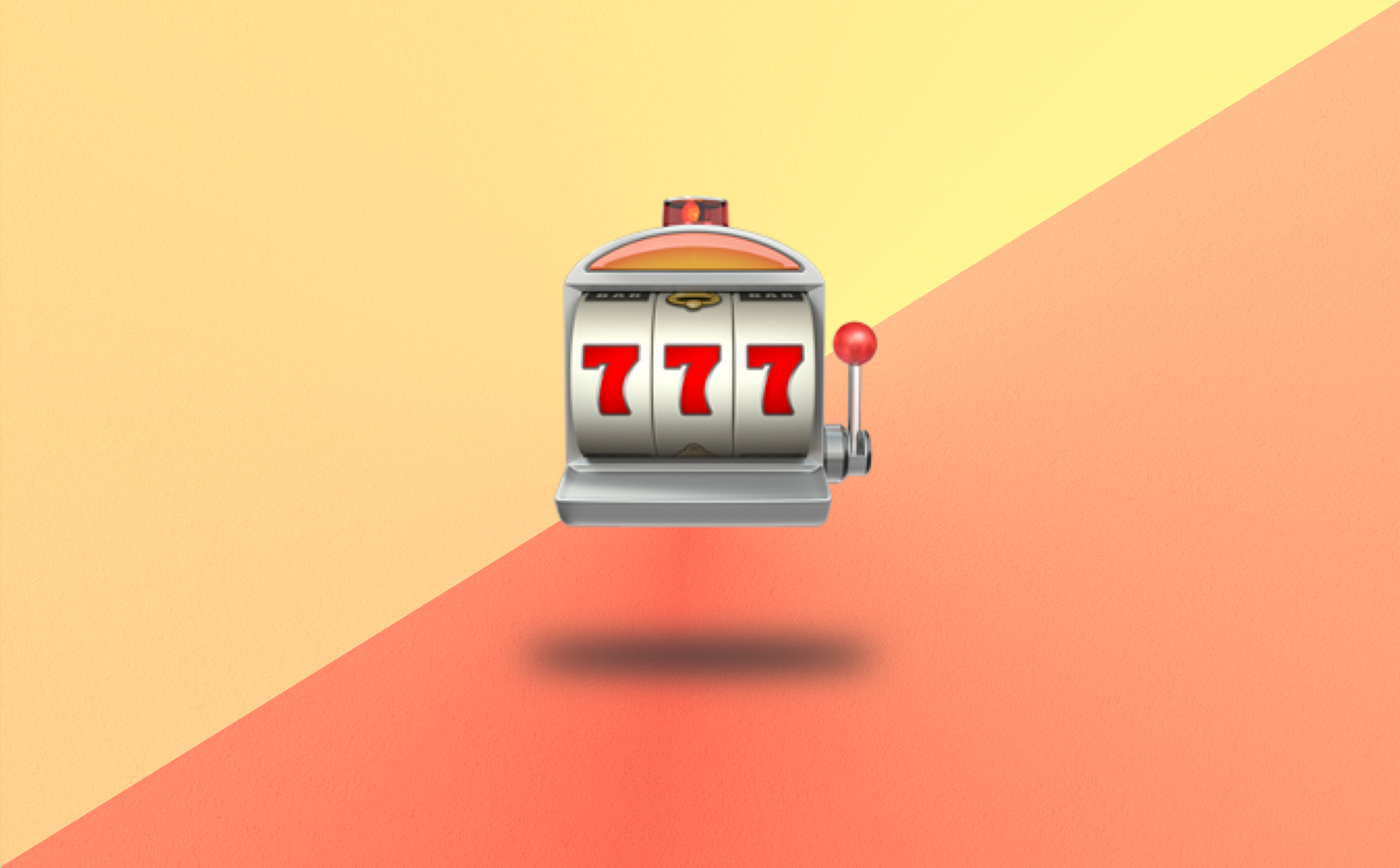
The TINA Economy
Young people are tired of paying for the illusion of safety. Is there no alternative?
Covid forced many people to reassess their relationship with work. In August 2020, I expected as much:
“The current experiment with remote work is no longer a short break in the usual order of things. After 14 months, you don’t merely lace your shoes and go back to doing whatever you were doing before. Absence does make the heart grow fonder, but only for those who were already in love prior to separation.
How many people were in love with their office?”
But people are not just rethinking their office or their job. They are rethinking their pre-Covid lives: the way they spent their time, the trade-offs they made, and their goals.
I have not seen any data that corroborates this Great Rethinking, but several smart people have written about it over the past few days, sharing anecdotes they heard from friends and colleagues. Each of these smart people has their own explanation and description of what’s going on.
Over at The New York Times, Kevin Roose described how some of “the exhausted, type-A millennial workers of America” are ”abandoning cushy and stable jobs to start a new business, turn a side hustle into a full-time gig or finally work on that screenplay.” Others are still gainfully employed but are “threatening to quit unless they’re allowed to work wherever and whenever they want.”
Roose calls this ‘The YOLO Economy.’ The acronym for “you only live once” (YOLO!) is used on social media and in popular culture whenever someone is about to do something careless or brave. “YOLO!” writes a virgin day-trader on Reddit as he buys a batch of OTM calls (exotic financial options) on a company in a dying industry. “YOLO!” shouts the gamer as he storms a Nazi-infested room on Call of Duty (a video game).
And now, says Roose, YOLO is becoming a rallying cry for many professionals who are exhibiting a “new kind of professional fearlessness”:
“They are emboldened by rising vaccination rates and a recovering job market. Their bank accounts, fattened by a year of stay-at-home savings and soaring asset prices, have increased their risk appetites. And while some of them are just changing jobs, others are stepping off the career treadmill altogether.”
But the Great Rethinking is not exclusive to affluent knowledge workers. Anne Helen Petersen highlights a related dynamic in the market for waiters, baristas, kitchen hands, and retail associates. Potential employees are available, but businesses are struggling to fill open positions. People are opting out of employment opportunities, not because of laziness but out of an inability to live off the jobs on offer:
“these workers are not lazy or whimsical or seeking their bliss, and these moves aren’t quarter-life or mid-life crises, or something that a mandated one-week vacation will fix. These workers were, or are, on the verge of collapse — and have come to terms with the reality that something has to give. It won’t be their jobs. That leaves them. “
This is not the YOLO Economy, says Petersen. It’s the ‘Capitalism is Broken’ Economy. An economy in which working people cannot balance a full-time job with the need to take care of their health, children, and elders.
Scott Galloway also sees the growing risk-appetite as a sign of desperation:
“Young people want volatility. If you have assets and you’re already rich, you want to take volatility down. You want things to stay the way they are. But young people are willing to take risks because they can afford to lose everything. For the opportunity to double their money, they will risk losing everything.”
Roose, Petersen, and Galloway are all correct. But they all assume that embracing risk is something people chose. In reality, Young people are not taking more risks. They are simply refusing to pay for the illusion of safety.
We live in a world with low-to-negative interest rates where your money is guaranteed to lose value by simply sitting in the bank. The cost of anything real is going up — houses, medical care, toilet paper, Coca Cola. All industries are or will soon be disrupted by technology, including the technology industry itself. Traditional institutions seem unable to rise up to the challenges ahead (pick your preferred left/right argument as to why).
Why would you sacrifice your best years for a corporate job if that job is not likely to be there in five — let alone ten — years? Why put your money on safe assets when they are guaranteed to diminish your purchasing power? Why would you trust the government to catch you if you fall when the government cannot fulfill its own basic functions even while you’re still on your feet?
The risk is here whether we like it or not. There is a more apt Reddit rallying cry for this economy, as Mohamed El-Erian explains in Bloomberg:
“Long comforted by the ample and predictable injection of liquidity in markets by central banks, investors have been willing to take more and more risks. Some have ventured further and further into highly speculative strategies, causing outsized price moves that then attract others. There are reports of some recipients of U.S. government stimulus checks deploying the funds straight into these strategies, including trading cryptocurrencies. Chat rooms are full of those boasting about astronomical one-day profits.
This would be a worrisome yet natural extension of a phenomenon that initially encouraged investors to take more risks in the traditional segments of financial markets. Investors have been continuously conditioned to buy the dip, regardless of its cause. FOMO (fear of missing out) and TINA (there is no alternative to risk assets) have turbocharged this behavior.”
What is true for stock traders is true for everyone. Welcome to the TINA Economy. There is no alternative. Embrace risk, or suffer guaranteed decline.
I don’t want to end on such a sad note. All this risk has a silver lining. Over on Twitter, David Perell shared an observation about another aspect of the TINA Economy:
“Among friends, I’m sensing a passionate rejection of individualism.
What’s old is new again: the anchor of religion, getting married young, having kids shortly thereafter, and finding a community of friends who live within walking distance.”
A shared sense of risk is pushing people closer together. It is not a coincidence that the most disruptive force on Wall Street is a Reddit community.
I don’t see what Perell describes as a rejection of individualism. There is nothing un-individual about having a family and children and working together with people to create a positive environment. What he describes seems to be more of a backlash against the notion that the government and a corporate job are the only sources of security, agency, and meaning in life. They aren't.
An uncivilized economy does not preclude a civilized society. There is an alternative. More on that soon.
Have a great weekend. If you enjoyed this newsletter. Please share it. 🙏


